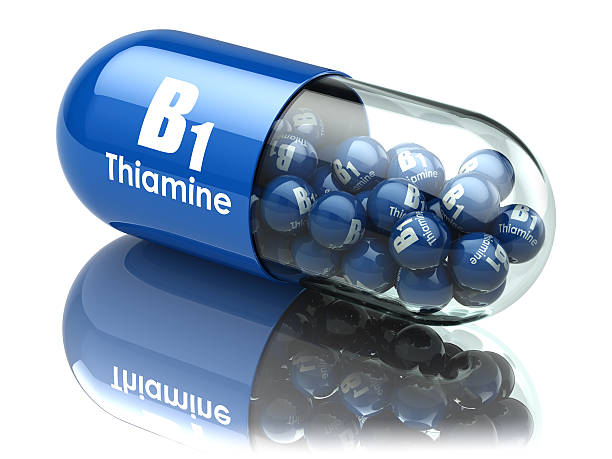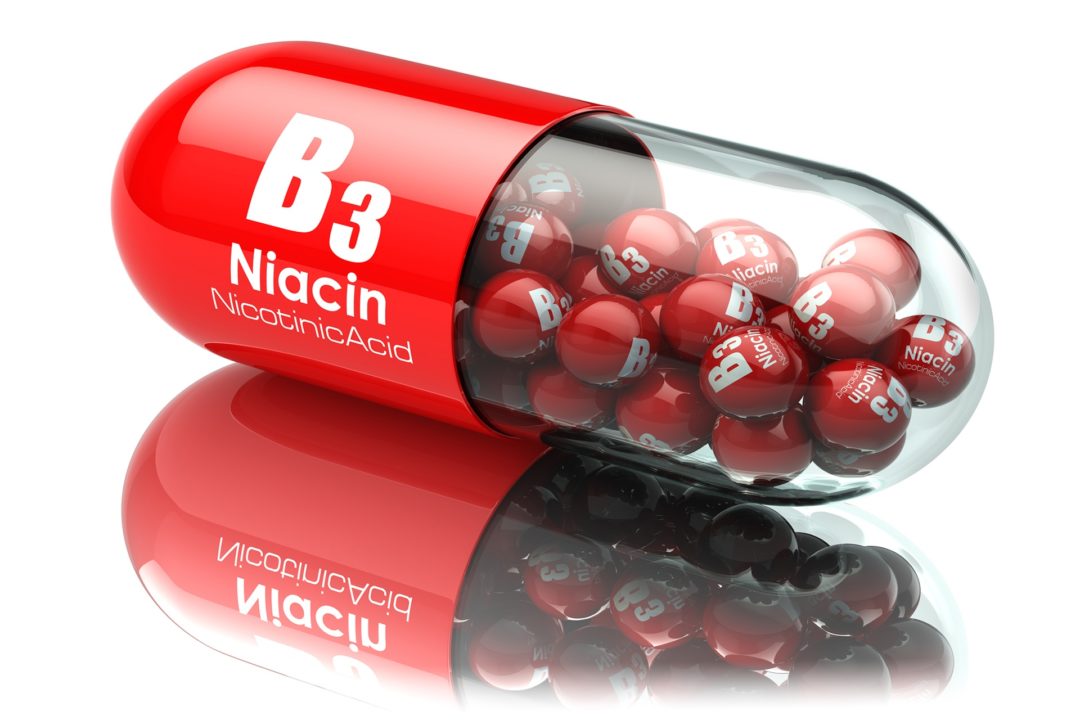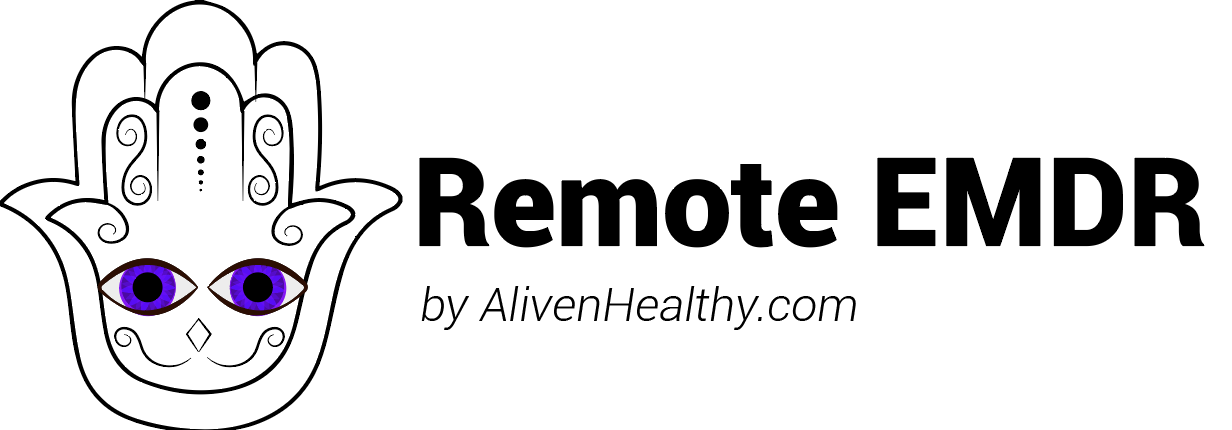 Can you cure postpartum psychosis, depression, and anxiety with vitamin therapy?
Can you cure postpartum psychosis, depression, and anxiety with vitamin therapy?
Thiamine and niacin deficiencies can both cause symptoms that resemble those seen in traditional depression, anxiety, and psychosis. Indeed, a deficiency in niacin has been proven to cause schizophrenia symptoms, and more than one physician has successfully used high dose niacin therapy (in combination with other nutrients in lesser dosages) to treat schizophrenia without the use of any pharmaceutical medications. This is discussed in-depth in the book Niacin: The Real Story by Abram Hoffer, Andrew Saul, and Harold Foster. But high dose niacin and thiamine can be miraculous as a natural remedy for postpartum depression too.
Pregnancy depletes a woman’s body of many nutrients, since generally speaking, the body favors fetal nutrition over the woman’s own nutrition in most cases. While this is, of course, a positive in terms of fetal growth, it can mean that a mother can more easily become deficient in certain nutrients during her pregnancy, especially if she has a poor diet or lacks an adequate supplementation protocol. Deficiencies in different nutrients are able to cause disease symptoms that are commonly misdiagnosed by doctors as true health problems; for example, just as scurvy is a well-known vitamin C deficiency, scientists have proven that cancer is a vitamin B17 deficiency (this is a little known nutrient discovered by Dr. Sugiura at Sloan-Kettering Memorial Center that you can read more about in this article) and that dementia is, in at least some cases, caused by a vitamin B12 deficiency (read more here). Organ calcifications are a result of vitamin K2 deficiency (read more about calcifications and vitamin K2 in this article).
 Click here to subscribe to the Living Database!
Click here to subscribe to the Living Database!
One doctor speculates that, in some cases, postpartum depression/anxiety may actually be a misdiagnosis of fatigue, a common symptom of thiamine deficiency, while postpartum psychosis may actually be a misdiagnosis of dementia, a symptom of niacin deficiency. This idea is supported by the idea that pregnancy and lactation are times of increased thiamine utilization (meaning that the body needs more vitamin B1 during pregnancy and breastfeeding); it’s also worth noting that women with hyperemesis gravidarum are particularly prone to developing a vitamin B1 deficiency.
 Nutricost Vitamin B1 (Thiamine) 100mg, 120 Capsules - Gluten Free and Non-GMO
Nutricost Vitamin B1 (Thiamine) 100mg, 120 Capsules - Gluten Free and Non-GMO
 Note that this is a very safe protocol during breastfeeding. It’s highly unlikely that these vitamins will do any harm to a developing infant. Patients should also be taking a B100 vitamin that supplies all of the B-complex vitamins in an equal ratio in order to ensure that they’re getting enough of all of these vitamins. The B-complex vitamins all work together, so if you have too little of even just one of these B-vitamins, it’s probable that none of the other vitamins willbe able to do their jobs effectively. Therefore, it’s wise to always take a B100 supplement to ensure adequate levels of all of these vitamins. In addition, the B-complex vitamins are essential for the production of neurotransmitters like serotonin and dopamine; without enough B vitamins, the body will be unable to produce and utilize these neurotransmitters, which can absolutely contribute to the development of postpartum depression, anxiety, and psychosis.
Note that this is a very safe protocol during breastfeeding. It’s highly unlikely that these vitamins will do any harm to a developing infant. Patients should also be taking a B100 vitamin that supplies all of the B-complex vitamins in an equal ratio in order to ensure that they’re getting enough of all of these vitamins. The B-complex vitamins all work together, so if you have too little of even just one of these B-vitamins, it’s probable that none of the other vitamins willbe able to do their jobs effectively. Therefore, it’s wise to always take a B100 supplement to ensure adequate levels of all of these vitamins. In addition, the B-complex vitamins are essential for the production of neurotransmitters like serotonin and dopamine; without enough B vitamins, the body will be unable to produce and utilize these neurotransmitters, which can absolutely contribute to the development of postpartum depression, anxiety, and psychosis.
 Nutricost Niacin (Vitamin B3) 500mg, 240 Capsules - with Flushing, Non-GMO, Gluten Free
Nutricost Niacin (Vitamin B3) 500mg, 240 Capsules - with Flushing, Non-GMO, Gluten Free
If you are looking for a cure for postpartum depression, consider working with nutrient supplements like niacin, thiamine, and lithium orotate along with Eye Movement Desensitization and Reprocessing / EMDR. EMDR is a simple treatment that's done while the patient is awake to mimic the eye movement of Rapid Eye Movement sleep (REM sleep). EMDR helps the brain and body process stress and trauma in a healthy way. When a woman's sleep is disrupted (where there is too much, too little, or very disturbed sleep), it can be diffcult for the brain to process stress. EMDR is a system that's used when the patient is still awake, to process stress naturally.

Click here now to do a free trial of EMDR online.
Resources:







